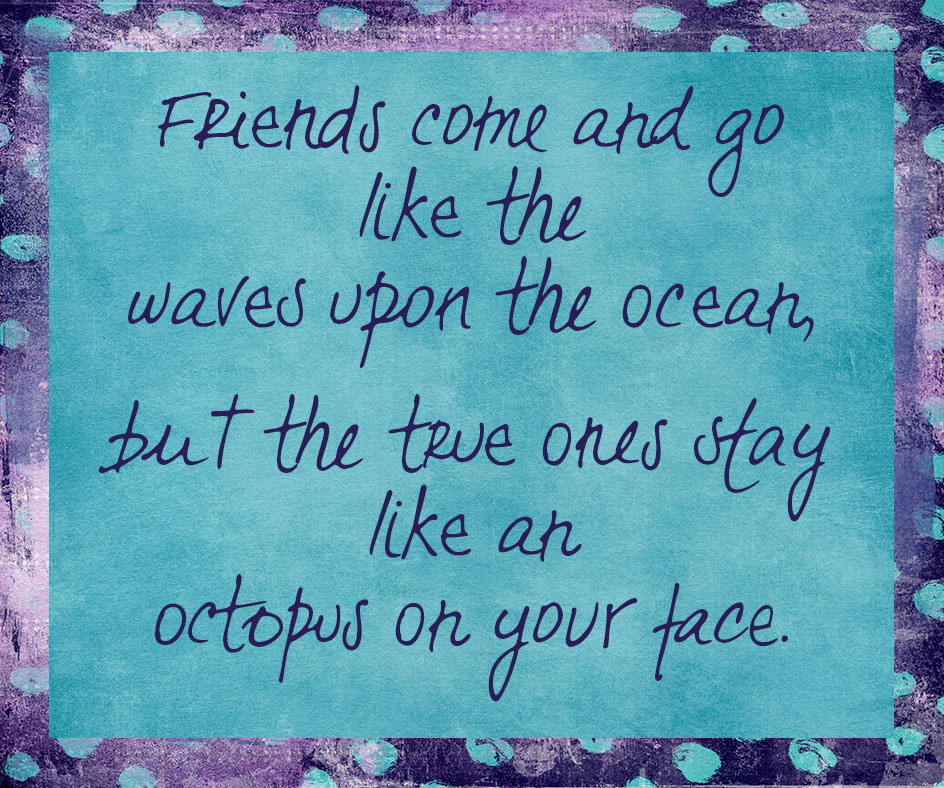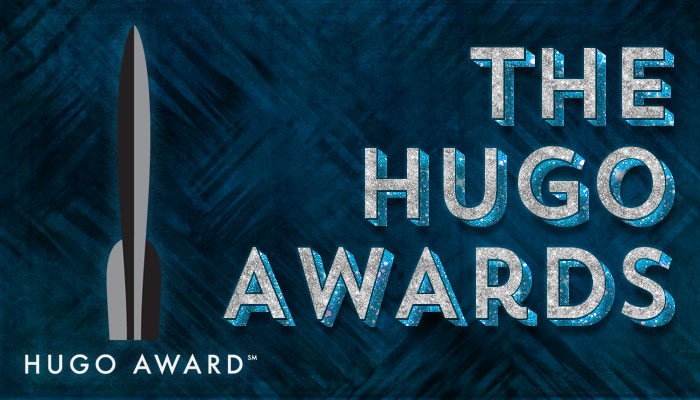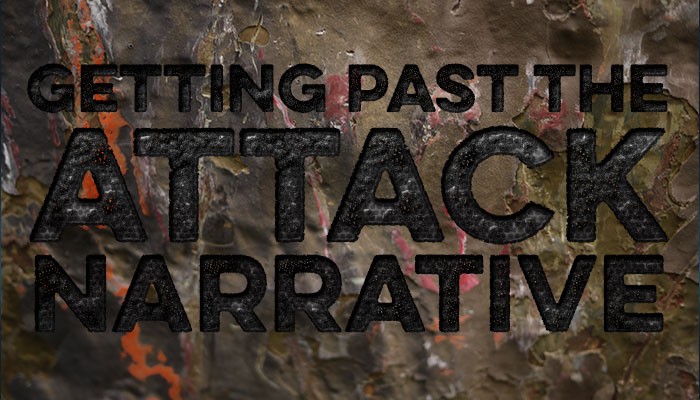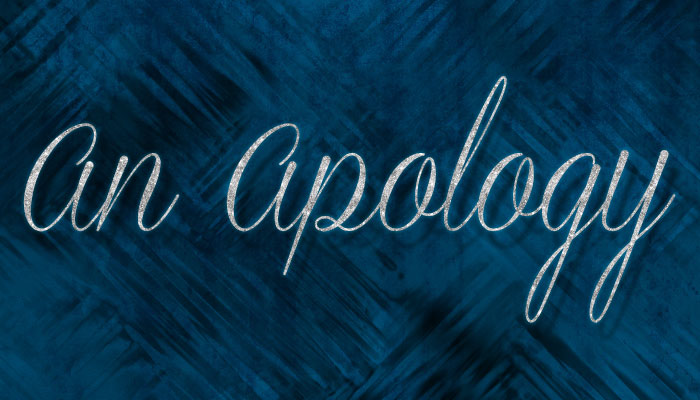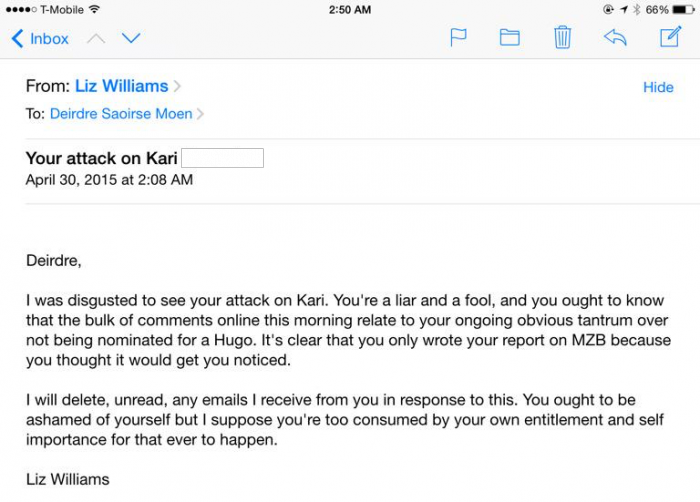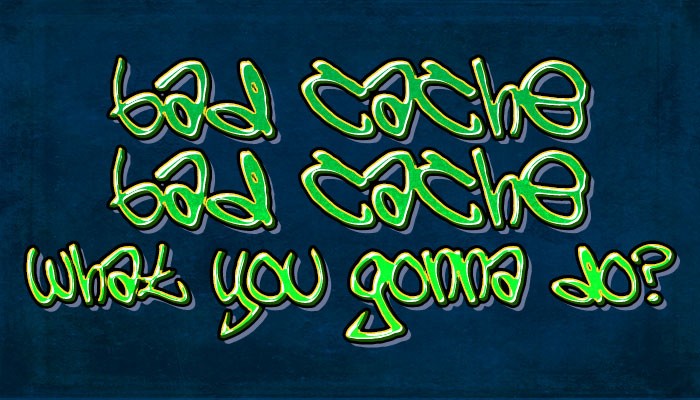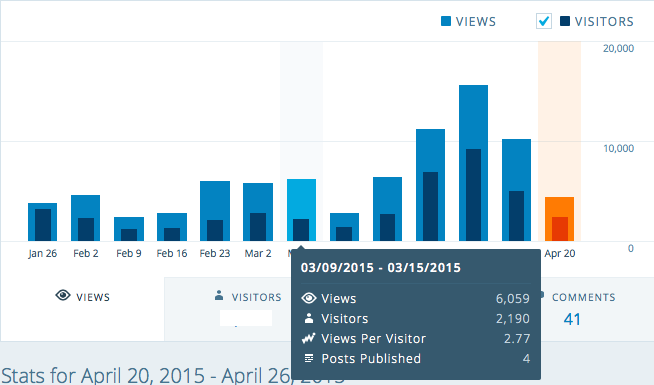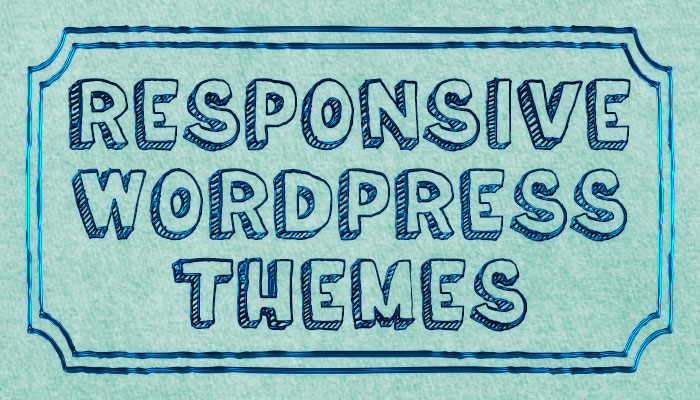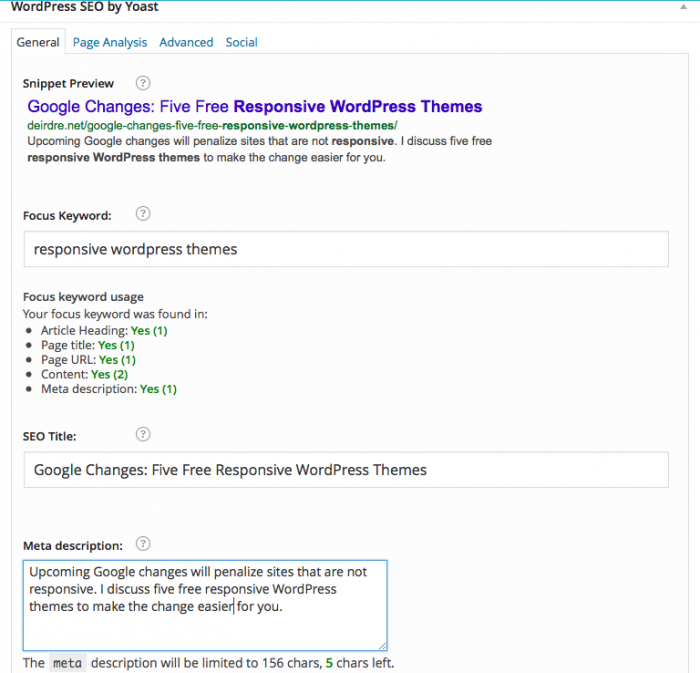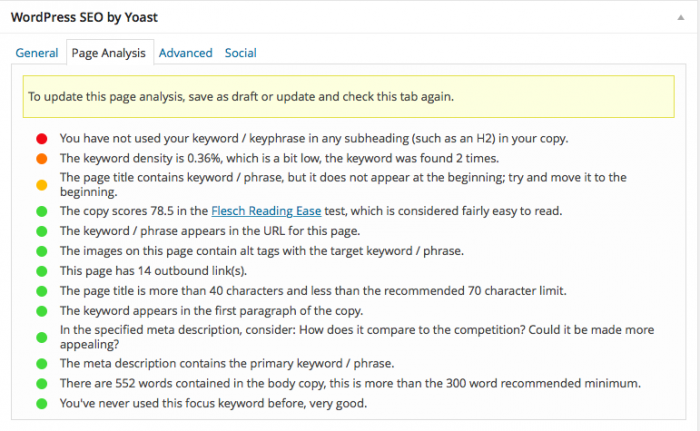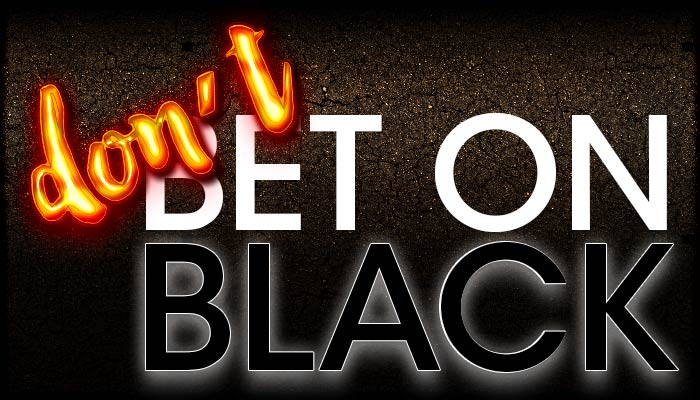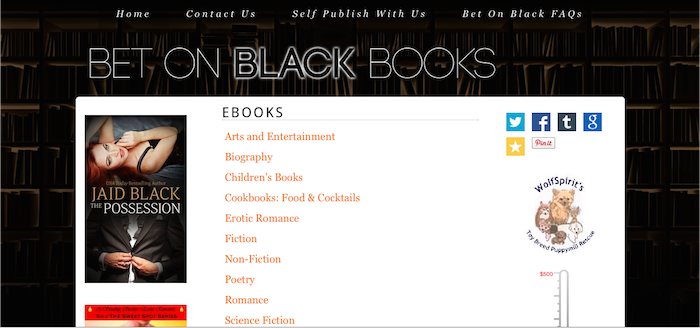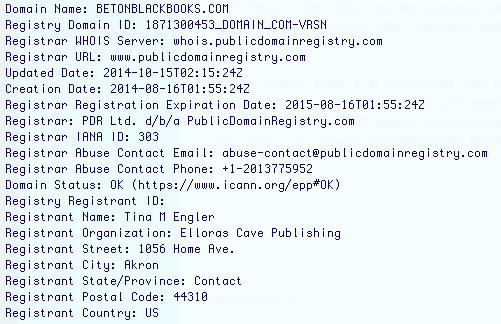[](/images/2015/04/7694499520_fd3b557b06_k.jpg)Sad Puppy • Photo by [Amber West](https://www.flickr.com/photos/cheeqz/7694499520/in/photolist-cHWjCQ-nn2uFH-pT8nxS-4uAN9j-rnkL8a-epMAqG-5Rwrx1-6rKLRW-9VSDj3-eoLQcG-4F7MaX-9SeTWB-6wvYgC-4WXhRm-aDmH6v-6cPXcJ-53BE1A-4hUWpJ-3kTzBK-4j4CHZ-bogBg8-5NWuJn-dy59SD-3McF3w-4G5Web-9xuxfp-7S3WrM-5DgBoD-5GHeC5-4KwUKy-5tcYi-8br7Yy-3xHuuE-31JPsv-6mzNzS-aqJkHS-aRFS5V-sxFan-8dKqzf-61wfWT-3BQmg6-8ijEMv-4kSiNE-6r8Ety-697rbg-9Ei8aj-pLJe58-qUxzHK-o4SA7h-9C7DZZ)
This is a multi-purpose post about the Sad Puppies (et al) Hugo Nominations and award slates, covering the following topics: 1. Schools of thought on voting No Award.
- Responding to the belief that there already had been slates in the past from “the SJWs” and explaining what’s likely a good chunk of the difference in nomination practices: the pro con vs. the fan con divide.
- Another less-obvious divide: Writers of the Future.
- Mike Scott’s proposal and Bruce Schneier’s Guest Post on Making Light.
- My favorite part of the Eastercon sad puppies panel.
- A few more links.
Schools of Thought on Voting “No Award”
Before we get into the subject, I’d like to highlight this piece by Kevin Standlee about the meaning and nuances of No Award and ranking items beneath No Award.
First, there are two major schools of thought about voting No Award for the pup-dominated categories (meaning: all but Best Fan Artist and Best Graphic Story). There are also a couple of variances, which I’ll also mention.
- Vote No Award below all non-puppies nominees (with or without ranking below No Award). This is pretty much what it says on the tin.
- Vote No Award in all categories dominated by puppies nominees under the theory that the remaining nominees don’t have fair competition. I see some merit in this.
- Consider ASIM in Best Semiprozine despite being on a slate. I can’t say it better than Simon Petrie says in this piece:
So ASIM is on the Hugo ballot. We at the magazine have known about this for about ten days’ time, and have long since sent through the acceptance. But because none of us are exactly active in US fandom, we only became aware of the Sad Puppies connection very late in the piece — in fact, a scant three days before the nominations were made public, and well after all the dust had settled on the nomination process itself. ASIM was never informed about our inclusion on the Sad Puppies 3 slate — if we had been, I very strongly suspect our response would have been a resounding ‘Hell, No’ — and there was no time, nor any point, in looking to remove ourselves once we did get there.
My own take on this is that a Sad Puppies vote for ASIM is a ‘pity-sex’ vote.
See also this blog post by Sue Bursztynski. As a disclaimer: I have friends who are working, or who have worked, for the mag. Also, I’ve known people published there, of course. I’ve nominated it myself a time or two, just not this year.
- Kari Sperring tweeted: The #SadPuppies didn’t notify my liberal feminist editor Sheila Gilbert before publishing yr slate. She doesn’t endorse them. #HugoAwards
An editor being put on a slate is in an interesting ethical quandary: Hugo-winning books make more money, and an editor’s job is, in part, to make money for their house. That said, I’m not sure that Hugo-winning editors have the same revenue-enhancing capability, and I’d rather see Patrick Nielsen Hayden’s view take hold. Sorry Sheila, maybe another year.
Incidentally, I’m with @matociquala. I will never agree to be part of any award slate, nor vote for anyone who agrees to be part of one.
— Catherynne Valente (@catvalente) April 8, 2015
@catvalente @matociquala Seconded. Er, thirded. I don’t care abt their politics. Different strokes, different folks. I have a prob w/ slate.
— Wesley Chu (@wes_chu) April 8, 2015
@matociquala @wes_chu @catvalente This. No slates for us.
— MichaelDamianThomas (@michaeldthomas) April 9, 2015
@michaeldthomas @matociquala @wes_chu @catvalente Same here. Maybe we need a “Hi, I’m a Hugo nominee/winner and I will not slate” thing.
— Nightjar UrsulaV (@UrsulaV) April 9, 2015
@UrsulaV @michaeldthomas @matociquala @wes_chu @catvalente Yep. I’ll get there on my own merits or not at all. Meaningless otherwise.
— Suzanne Palmer (@zanzjan) April 9, 2015
@michaeldthomas Exactly my position. Even if it means voting against my own projects. @matociquala @wes_chu @catvalente
— P Nielsen Hayden (@pnh) April 9, 2015
Puppies and Allegations of Slates of Years Past
One of the things that some of the puppies believe is that the only possible explanation for the existing Hugo nominations and results is that there have been secret slates all along.
First, I’ve never heard of any larger-scale slates. I know there was a rules change to make nomination memberships close earlier than the nomination window did. That was a reaction to one specific abuse for one author (if I recall correctly, and I may not be).
Kevin Standlee, a former Hugo administrator, is a far more authoritative voice than my own:
Despite claims, I do not believe that there was ever a deliberate conspiracy to fill all the slots in every category with a dedicated “slate” of works. There clearly have been campaigns to get individual works on the ballot, some of them going beyond the technically legal.
The various other groups that compile lists of “things we like that we think you should consider on your Hugo ballot,” never go out of their way to make the number of items precisely equal to the number of spaces on the final ballot. A dedicated campaign by a noisy minority that insists that they are the Real True Fans Who are A Majority of Everyone is what is ticking people off.
He follows with a clarification:
I should have said that I do not think that before this year there was ever a deliberate conspiracy to fill all the slots in every category.
As a writer, I’ve had people solicit me for Nebula consideration by offering to send their work. That’s essentially ended with the new SFWA forums, thank goodness (because that’s how eligible works tend to be distributed).
So Where Do I Think These Voting Patterns Come From?
I think the voting patterns come from several places, but one of the largest is he cultural divide between pro-run cons and fan-run cons.
The Hugo Awards are voted upon by members of the current Worldcon, which moves about in location from year to year. Historically, there’s been a relatively stable number of voters. That number increased dramatically once online nominating and voting became available.
Fan-run cons have people working in various positions. I’ve worked in programming in some capacity at several Worldcons, several Westercons, and the regional convention, BayCon. I’ve gotten to meet a whole bunch of cool authors (and artists and all kinds of other cool people, including a few actors).
Then you’ve got the significantly larger pro-run cons. I don’t even want to know how many people ComicCon (either San Diego or Salt Lake) is pulling in these days.
You just have a far more likely chance to make an actual connection at a fan-run con, and many of the writers who’ve been nominated have shown up at the various fan-run cons. (I include World Fantasy in this genre, because while it’s a pro-level con, it still runs on fan volunteers.)
To finish this long wind-up: because fans who vote on the Hugos very often have real face-to-face connections with the people they vote for, and not for the people who eschew Worldcon in favor of Dragon Con (which is frequently on the same weekend ever since D*C moved onto Worldcon’s traditional weekend).
The Writers of the Future Issue
(Note: I wrote this section on too little sleep. I’ve edited it to make it clearer. I hope.)
It’s only in the last couple of weeks—thanks to the release of HBO’s Going Clear—that a lot of Americans came to somewhere around 1% of the awareness I had about Scientology’s evil in 1995.
Then I see quotations like this one from Jason Sanford and I want to punch holes in my desk with a fork:
This is similar to how most people in our genre support the Writers of the Future contests and programs even though they were founded by L. Ron Hubbard and receive funding from Scientology-related ventures.
Back in 1995, I was being stalked at the time for speaking out on alt.religion.scientology, along with quite a few of my friends. We had a reunion earlier this year, and Scientology goons tried to crash it. Twenty. Years. Later.
If you think the Sad/Rabid Puppies are bad (or even if you don’t), consider the Scientologists:
- A cult that coerces senior female members to have abortions so that they can continue working horrific hours. Listen to a few people tell their tales in the Human Trafficking Press Conference.
- A cult that prohibits most of its senior staff from driving, because that also prevents them from leaving. When one member escaped via car, they ran him off the road. (Read chapter 1 of Marc Headley’s book Blown for Good. A lot of the book is thick Scientologese, but the first chapter’s gripping. And documented with police reports.)
- The leader, David Miscavige, determines who stays married and who does not, often splitting up couples out of capriciousness. Including Tom Cruise and his three wives.
- Said cult has over a billion dollars in the bank.
…then consider that they suborned some of the Sad/Rabid puppies…for money. And some of you reading this, too.
Here are a few Sad Puppies associated with Writers of the Future:
- Brad Torgersen
- Kevin J. Anderson
- Marko Kloos
- Kary English
Annie Bellet was not a winner, but still promotes her progress in the WotF contest on every page of her site. Megan Grey does this just on her about page.
(The above is not an exhaustive list, just the names I know.)
Writers of the Future Is a Long Con
The purpose of Writers of the Future is for L. Ron Hubbard to get a name recognition lift when you later become famous. The entire point is to legitimize, newly, a man who threw children into chain lockers on ships.
But, you say, it has nothing to do with Scientology. The contest is run separately.
That’s what they’d like you to believe. Many people hear that, see the possibility of winning $5,000, and it shuts down their critical faculties. As Scientology intends.
Scientology, more than any other corporation I know of, is a bunch of shells with complicated interactions that were intended to be obfuscatory, but this one’s easy: the contest, part of Galaxy Press, a trade name of Author Services, which is part of the Church of Spiritual Technology. L. Ron Hubbard’s literary estate, aka the home of Scientology.
But, but, you say.
Well, I ask you: where are those books printed? Who makes them? Did you ever ask?
They’re printed by Bridge Publications, which is also owned by Scientology. This takes us to the tale of Daniel Montalvo. Here’s his lawsuit after he escaped at the age of 19 after working as a minor for Bridge Publications.
- Working on equipment that federal and state law prohibits minors from working on.
- Without required safety and protective gear.
- And lost part of a finger doing so.
One of Scientology’s lawyers, Kendrick Moxon, had a daughter, Stacy, who worked at the Int base and was electrocuted due to lack of safety precautions. She worked at Gold. You may have seen Gold staff as camera and lighting (and other tech) crew for the Writers of the Future events.
I can’t begin to tell you how low the regard for human life is in Scientology. There is a lot of solidarity between Mormons and Scientologists as fellow members of new religions, but that’s a complete illusion.
For those of you who happen to be Christian and feel strongly about it, here’s an excerpt from the Assists tape Dennis Erlich posted a transcript of in 1994, part of the “past lives” doctrine of Scientology that’s part of the Xenu level:
The medical doctor is not really represented in R6. It is only the surgeon. The surgeon is shown cutting bodies to pieces. That’s the right thing to do. Actually he shreds a body down to just raw meat down to a skeleton and the skeleton is in agony and then it too is chopped up. Anyway, every man is then shown to have been crucified, so don’t think that it’s an accident that this crucifixion .. they found out that this applied. Somebody, somewhere on this planet, back about six hundred BC, found some piece of R6. And I don t know how they found it either by watching mad men or something but since that time they have used it and it became what is known as Christianity.
Translation: per Scientology doctrine, Christianity is a mass hallucination on Earth because of evil surgeons around about the time of Xenu.
That is what Writers of the Future and Illustrators of the Future are about. Getting people to pay money for Xenu and beyond. It has nothing to do with the quality of your stories or your art. It’s about adding to the long con.
They can buy respect off your future platform, then, tada! they offer to help increase your platform. Let’s arrange a book signing. Can you make it to this convention?
It’s not for you. It’s for Scientology.
Ooops I Just Won. Now What Do I Do?
Suppose you’ve won, and have just gulped, and are going to the upcoming event. I suggest you ask the following questions of any Galaxy Press staff you happen to see:
- Are you married? Got pictures of your husband/wife? Can I see? (Then bring out yours.)
- How many children do you have? Any pictures?
- When did you last see your children? What are they doing now?
- How about the rest of your family?
The main points: a) do they exist? b) when did you last see them? Pay attention to the nuances of their reactions.
The results will floor you. Guaranteed.
Mike Scott’s Proposal and Bruce Schneier’s Guest Post
I was going to comment more deeply on Mike Scott’s proposal, but I really think the commentary on voting system changes should instead be taking place on Making Light, specifically in comments on this guest post by Bruce Schneier.
Great Idea from the Sad Puppies Panel at Eastercon
I liked the poison pill nature of this, it make my inner evil genius chortle with glee.
The woman in the back of the room suggested that supporting membership $ be used to purchase memberships for the disenfranchised: fans of color, poor fans, handicapped fans, etc.
Department of Link Juice
Kevin Standlee has the “No Award” neepery guide. He also has a general Hugo awards tag that covers a lot of the quirks of Hugo voting. Kevin is one of the most thoughtful and fair people I know. Out of the comments:
Voting something below no award doesn’t decide who wins; it decides what loses last. This is similar to what I’ve often said about Instant Runoff Voting (the technical name for our voting system): It doesn’t choose the most-favored candidate; it chooses the least-disliked one.
Also, if you are new to the business meeting and proposal drafting process, Kevin has been consistently helpful about resources for that. If you want to have a shot at having your proposal heard (rather than shot down immediately by the people in the room), listening to Kevin is always a good strategy.
Bookworm Blues has a thoughtful post.
Elizabeth Bear also has a thoughtful post. She says, “This is not the first time All Fandom Has Been Plunged Into War. It will not be the last.” (The first time was the Breendoggle, which I posted about extensively last year.)
Jason Sanford has a good post with some thoughtful comments.
Cora Buhlert has a big roundup post.
Saving the most epic for last, George R. R. Martin once again proves that he’s a novelist with his three posts on the topic: one, two, and three. His three posts involve a lot of Hugo history from a pro (and neo-pro) point of view, including losing the first Campbell award (to Jerry Pournelle) and co-inventing the Hugo Loser’s party with Gardner Dozois.
Read More
